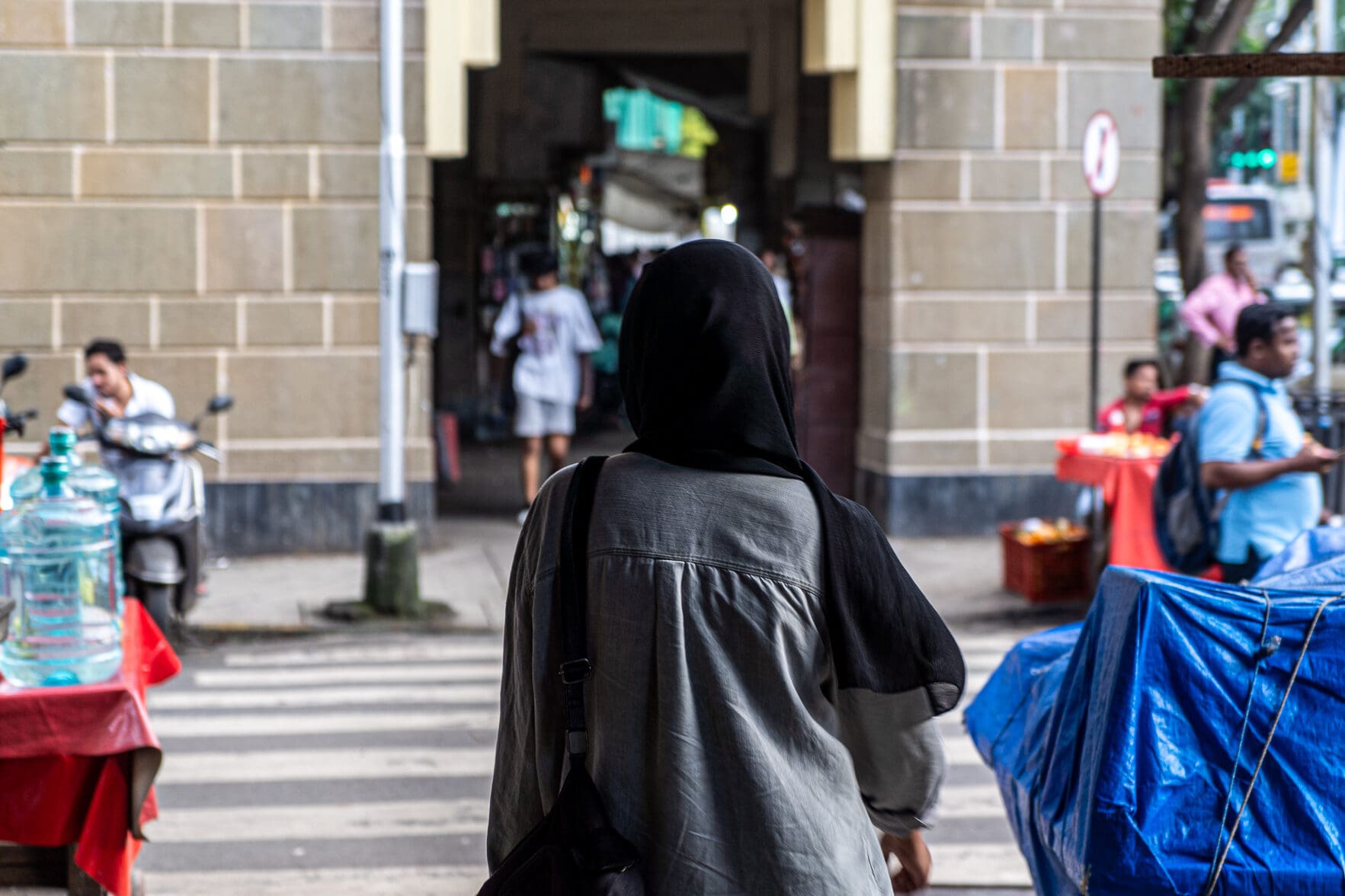
On August 07, Railway Police filed an FIR against Chetan Singh, an RPF security personnel, who killed four people in the Jaipur-Mumbai Central Superfast Express. Singh is charged under Section 153A of the IPC, which relates to promoting enmity between different groups, among other charges.
Visuals of the murder show Singh standing over the body of a visibly Muslim man, saying, “I am telling you… if you want to live and vote in Hindustan – it is only Modi and Yogi, these are the only two names.” Singh has been charged with the murder of three Muslim passengers and his senior officer, Tikaram Meena.
According to investigations, Singh threatened a burqa-clad woman passenger and forced her to say “Jai Mata Di” at gunpoint.
Similar incidents of violent attacks on Muslims across India have been on the rise. On August 06, a video of the gang rape of two minor Muslim girls, aged 14 and 16, was also circulated on social media.
As more videos emerge, there is a heightened sense of fear amongst Muslims, especially those who are ‘visibly’ distinguishable. Reda, a student of mass communication at Jamia Millia Islamia, says she is afraid to even travel alone.
“I’m easily distinguishable as a Muslim because of my hijab. The stares that I get from people, alienate me. Their looks seem to hold a deep feeling of disgust.”
Muslim women and their dress have been under the spotlight for a while now, whether it is the ban on hijabs in schools in Karnataka or call for sexual violence against burqa-clad women in maha panchayats or viral songs.
“Safety for women has always been a problem in this country, but as a visibly Muslim woman, who dresses a certain way, I am terrified because my attire could make me a victim of hate,” says Qudsiya Fateen, a former student of Aligarh Muslim University.
“I don’t even have to be political, I could just be going about my life and be targeted, just because I choose to wear the hijab,” says Reda, recounting the incident that occurred in Ujjain on July 28, where a Muslim woman was attacked while crossing a Hindu-majority area.
Apart from physical safety, Muslim women carry the fear of being targeted in the virtual world as well.
“I used to be very active on social media and post my opinions, but I have stopped posting for some time now, I don’t want to cause any safety issues for me and my family,” says Uzma Sarwat, a psychologist by profession.
There has been a stark increase in online trolling and harassment against Muslims in recent times. While trolling against men usually involves abuse and racist slurs, women are at the receiving end of more vicious and malicious harassment. Muslim women are subjected to rape threats and degrading sexual remarks.
‘I haven’t been able to focus on anything; I feel more unsafe than I usually do and the perpetrators won’t be punished, because, in their own words, they have the power and nothing can happen to them,’ says Reda.
Sulli Deals and Bulli Bai, an online mock auction featuring hundreds of illegally acquired images of Muslim women, have led to self-censorship among Muslim women on social media. Perpetrators in both cases were granted bail on humanitarian grounds.
‘Both I and my parents have had mental setbacks in terms of careers or futures. I had to travel for some work which I cancelled because I realized trains were not safe at this point,” says Shazia Imam, a PhD student from IIT Delhi. With the constant fear of being judged and targeted, Muslim women miss out on important opportunities and life events. Uzma Sarwat recalls how she has not moved out of her hometown in search of better job opportunities.
“I cannot live under the constant anxiety and fear of something happening to my parents when I am not there,” she told Maktoob.
“I do not take freelance opportunities from organisations that have people with right-wing mentality, which is everywhere, but I have to prioritize my safety,” added Reda while explaining how it is difficult to be at par with her peers, who are not driven by these insecurities.
In a recent BJP-led meeting of the NDA, Prime Minister Narendra Modi, urged his ministers to celebrate Raksha Badhan with Muslim women, highlighting that the BJP government’s decision to criminalize triple talaq has boosted the overall sense of security of Muslim women in this country.
But for many, these statements remain a farce. ‘I could be doing anything, working, watching TV and at the back of my head that fear is always there. No amount of therapy can be enough to understand this hatred’ says Reda, recounting the many recent incidents of hate crimes in the country. Meanwhile, Uzma Sarwat feels her everyday life has become difficult.
“I can never be vigilant enough about what I say and how I behave so that I’m not targeted for being too Muslim.”



